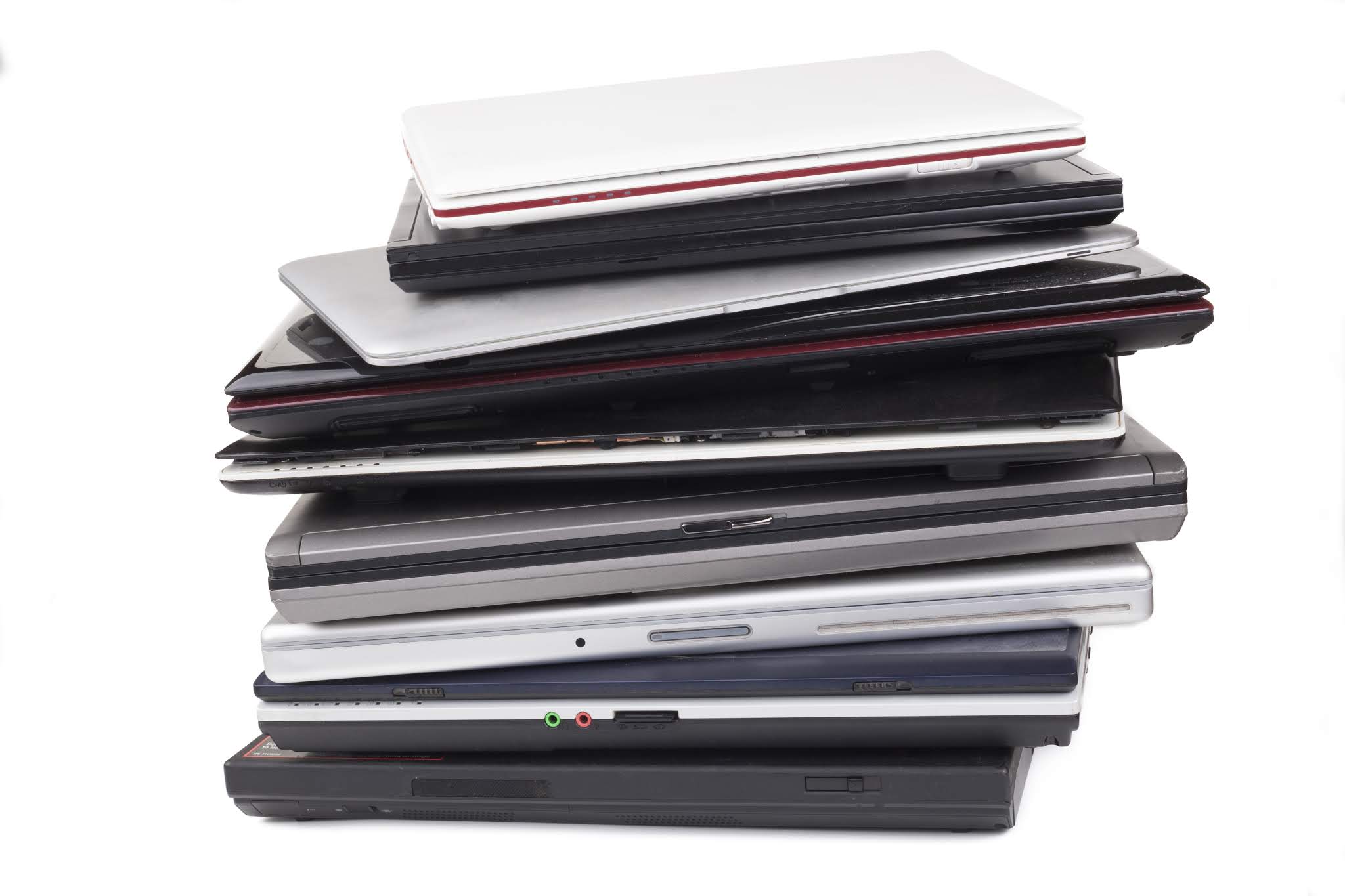E-waste refers to electronic items that have reached the end of their life cycle. This type of waste includes mobile phones, fax machines, printers, stereos, laptops and desktop computers.
Careless disposal of e-waste poses a serious threat to the confidentiality of your data, whether it be personal or business.
In fact, according to one particular survey, entrepreneurs in the IT industry are actually more concerned about the confidentiality of their data, than the environment.
Businesses, by not choosing to dispose their electronic waste through a proper channel are likely to make themselves a subject to cybercrime.
Businesses that have less than 2000 employees are most likely to be on the hit list of hackers. This is because larger organisations should go an extra mile when it comes to their data security.
Why is it Important to Secure Your Data?
Most of you may think that you have destroyed your data by simply choosing to reset your smartphone but you are merely hiding it from your view.
Therefore, it is essential for you to dispose your e-waste responsibly. The smartphones and laptops you throw away contain contacts, home addresses, bank details, passwords and private data that can be easily recovered with the help of data recovery software by hackers.
Your personal data continues to live on until a computer recycling company that adhere to the WEEE directives, disposes of your data the right way.
Other Reasons for Disposing E-Waste Responsibly
Data security is not the only reason for disposing e-waste. By disposing your e-waste responsibly you will also ensure that these devices don’t end up in some landfill leaking cadmium, mercury, lead and chromium into the soil.
An average desktop pc contains 0.8 grams of antimony, 0.01 grams of arsenic, 2.5 grams of barium and 57 grams of lead along with other toxic metals. Furthermore, a typical CRT monitor has 4 pounds of lead in it. Such toxics are not only harmful for our environment but for human health as well.
E-waste is also quite valuable. The UN has estimated the value of e-waste to be around 62 billion dollars, which is equivalent of about 48 billion pounds.
How Much E-Waste Do We Recycle?
Approximately only 20% of our entire e-waste is properly recycled. As per one of the studies conducted by the UN, which was supported by (WBCSD) World Business Council of Sustainable Development and (WEF) World Economic Forum millions of people informally work in the e-waste sector. The alarming amount of toxins present in this huge amount of waste will only cause harm to their health.
That’s not all, if the human race continues to discard and consume at the present rate, an increase of more than 100 million tons will be seen in the amount of e-waste in the following 3 decades.
Reasons for Hiring Reputable IT Recycling Companies
As a responsible business individual, you should look for reputable IT recycling companies that follow HMG approved methods of data destruction.
IT recycling companies that follow HMG standards will destroy your hard drives, data and other media devices in a safe and secure manner. Most of the devices nowadays contain hard drives that withhold valuable information.
Therefore, these companies simply de-manufacture, wipe or shred your hard drives.
Furthermore, the companies will also provide you a document that’ll guarantee the destruction and recycling of your gadgets. This may also include an option of tracking; hence providing accountability and protection at every stage.
From digital media destruction to hard drive degaussing, our panel of experts will devise robust e-waste solutions for your company. The solution will mitigate any risk posed to the confidentiality of your data. Visit our website to find out how plans devised by computer recycling uk can protect the confidentiality of your data.

Comments
Post a Comment